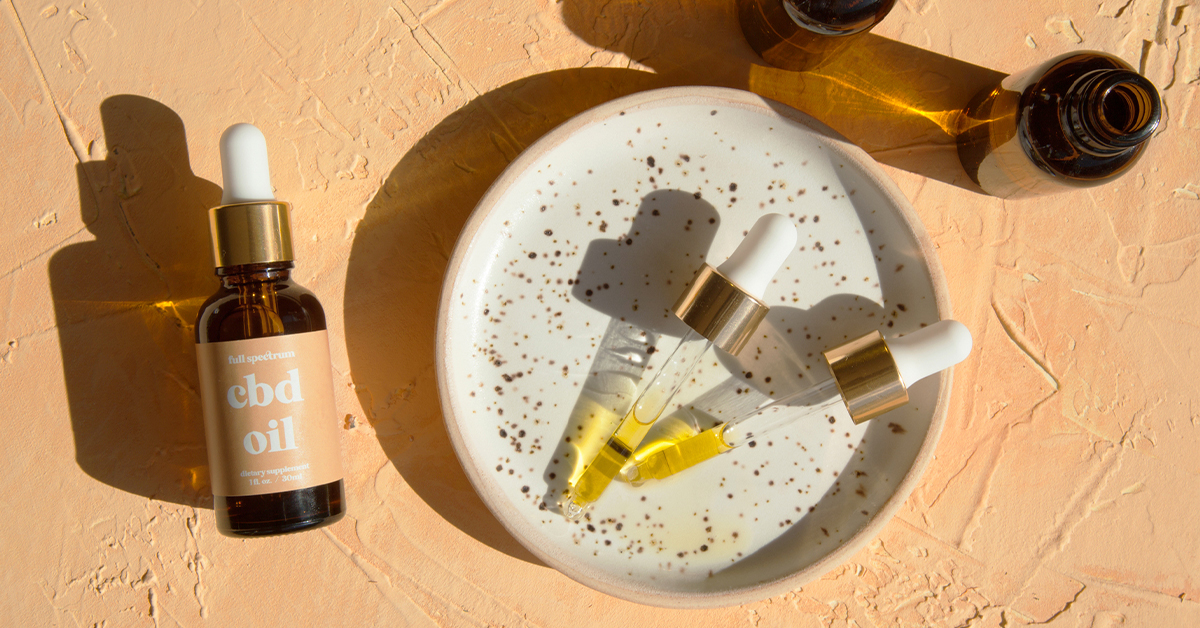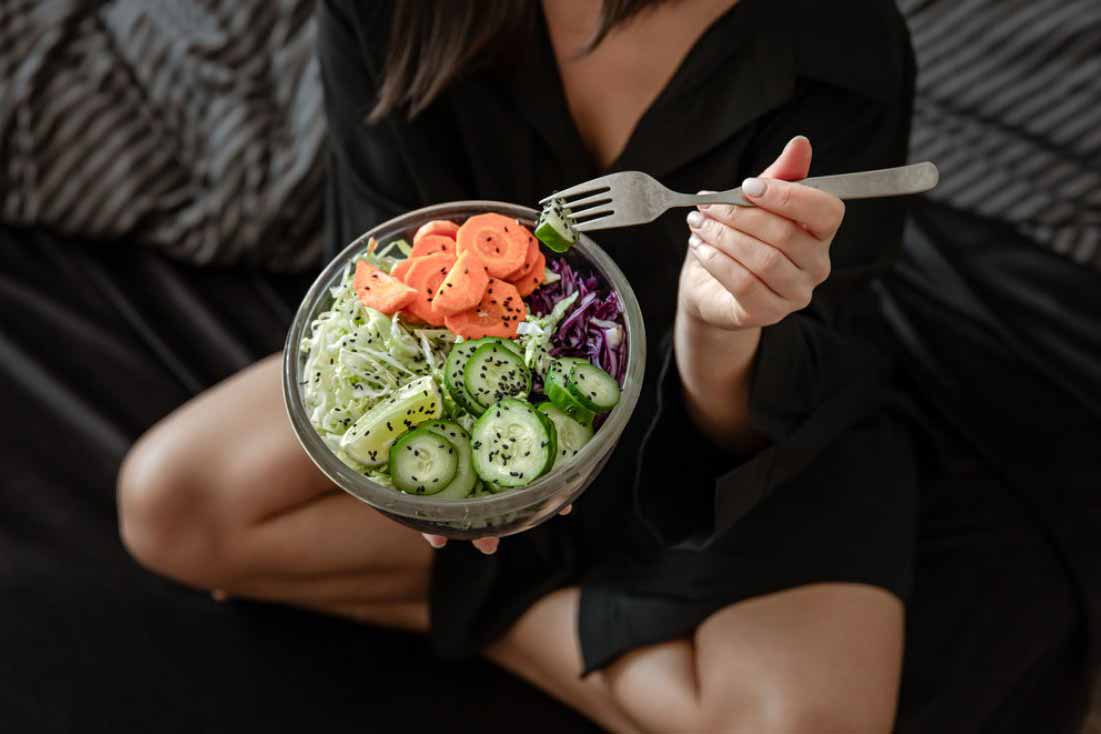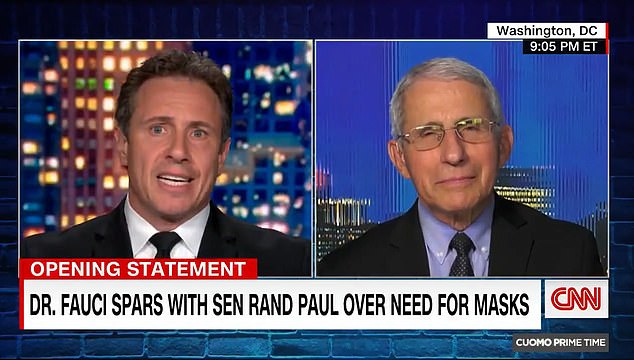
Trendy, Cool, and Not Dying
If you don’t know what the “sober curious” movement is, you haven’t been paying attention to “sober influencers.” Those phrases actually cause my eyes to deeply roll and my head to shake like a bitchy old neighbor watching you try to parallel park. Look, I don’t know anything about being an influencer unless we’re talking about the fellow teenagers I influenced to take drugs and come to the mall with me in the 80’s. I also don’t know about sobriety being trendy. I didn’t get sober to be cool, I just got sober to stop dying. But I do know that this sober curious movement is an actual thing.
We (and by that I mean people like me who write about recovery) like to latch our collective wagons to sobriety buzzwords and trends. This summer, the world cannot stop talking about “sober curious.” The term, taken from author Ruby Warrington’s book by the name same, has popped up on every media outlet over the last few months.
“Sober curious,” for the uninitiated, describes:
- Folks who don’t need to get sober but who can see the benefits of cutting down or cutting out alcohol completely.
- Mainly younger people who want to relieve the pressure to drink heavily at social occasions.
- Folks who are concerned with hangovers and how drinking is affecting their social and professional lives.
- Whimsical nymphs who want to hang out with their friends but not get loaded.
In short, the sober curious ain’t me.
When Alcohol Is Mildly Inconvenient
See, these folks can take or leave drugs or alcohol. They don’t identify as having a problem. Alcohol is mildly inconvenient for them; it’s like your aunt Linda who eats chicken vindaloo but forgets it gives her heartburn. Fundamentally, I do not understand this way of thinking. The way I’m wired, I like to do substances in amounts that will numb me out completely. I didn’t care if work was going to be hard the next day or if my health was going to be affected. Hell, I needed tequila and cocaine just to get through six-hour shifts waiting tables.
I mean, why casually use drugs or drink alcohol when you can implode your whole existence? This is a level of insanity that probably isn’t familiar to the “sober curious.” Nevertheless, they’ve decided to rally together and say “We’re just going to stop drinking and it’s okay if you do too!” It’s more like giving up carbs for a trendy diet than, say, being placed on dietary restrictions because otherwise your diabetes will kill you.
As a movement in and of itself, it’s harmless. I see no problem with people whose brains are very much not like my own who can say, “Maybe I should cool it with the booze for a while.” The fewer people stumbling around, barfing in Ubers, and screaming at each other in Taco Bell at 3 a.m. can only be a good thing for society. The annoying trendiness notwithstanding, sober curious has at the very least made people examine their relationship with alcohol.
However, I don’t see a lot of “sober curious” folks in the ER or ICU.
At my day job as a recovery mentor on an addiction medicine team at a busy urban hospital, I see far more people brought in because of the effects drinking has had on their lives than nearly anything else. As devastating as the opioid crisis continues to be, there is a continuous influx of people with alcohol-related health problems. Sure, sure, the emergency room sees a handful of bachelorette party attendees who drank too much and fell down a flight of stairs who show up needing TLC for a busted ankle. But mainly, I witness patients who are way beyond curious.
They come in broken, in desperate need of medical and psychosocial attention due to their relationships with alcohol. Despite winding up in the hospital, sometimes in terrible condition, many of them think it’s not that bad or that they can just cut down. I certainly identify with this thinking. For decades, I fooled myself into thinking I could outrun it, or that the handful of people I knew who were heavier drinkers meant I couldn’t possibly be that bad.
This is where the Alcohol Use Disorder (AUD) diagnosis comes in handy.
Used in our hospital (and around the country), the diagnosis quickly separates the sober curious from people literally dying…
Find out more on why we have to be careful not to marginalize, ignore, or minimize substance use disorder in the original article “Sober Curious” or Literally Dying: When Saving Your Life Becomes Trendy at The Fix.

























